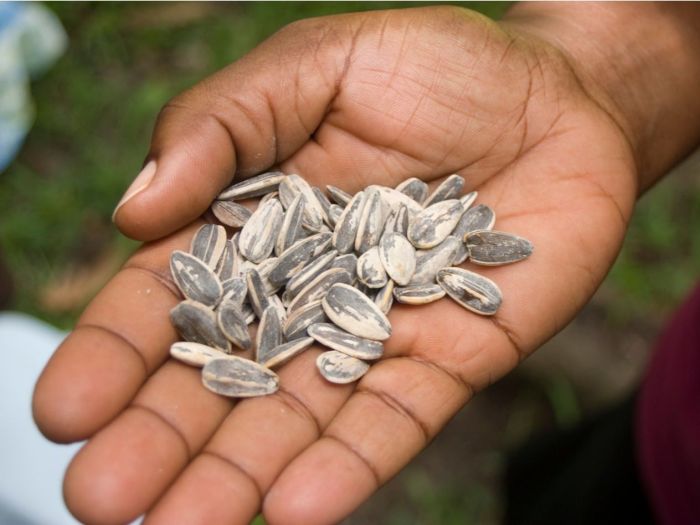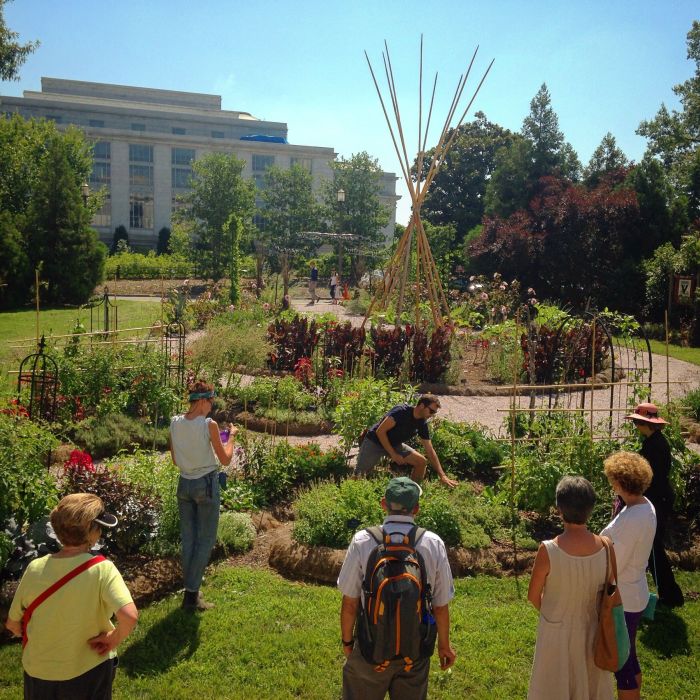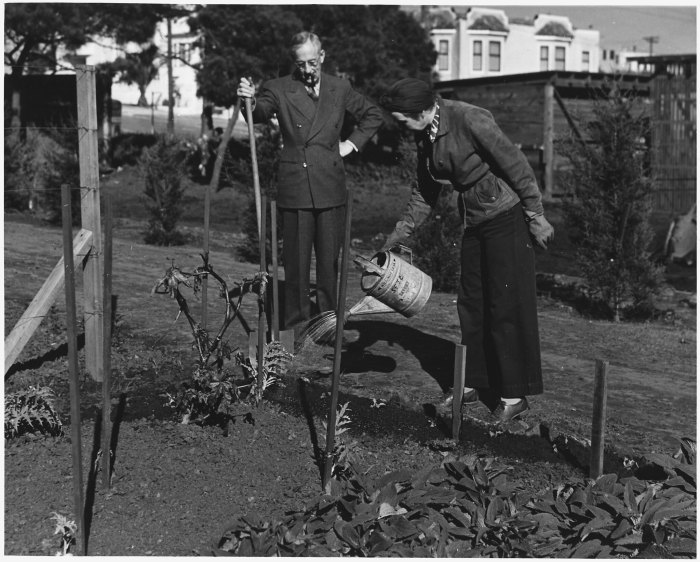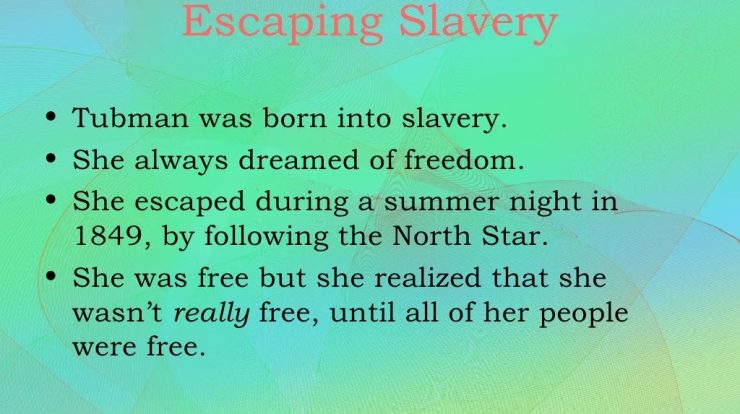Buying victory garden seeds in new jersey c. 1943 – During World War II, victory gardens emerged as a crucial component of the home front, playing a pivotal role in boosting morale and supporting the war effort. This article delves into the fascinating history of buying victory garden seeds in New Jersey circa 1943, examining seed distribution methods, popular varieties, and the impact these gardens had on local communities.
Victory Gardens and the Home Front

Victory gardens played a pivotal role in supporting the war effort and boosting morale during World War II. These gardens, established in backyards, vacant lots, and even public parks, provided fresh produce to families and communities while also reducing the strain on the nation’s food supply.
The cultivation of victory gardens became a symbol of patriotism and self-reliance, encouraging citizens to contribute to the war effort from their own homes.
Seed Distribution and Availability in New Jersey
In New Jersey, seed distribution for victory gardens was coordinated through a collaborative effort involving local organizations, government agencies, and agricultural extension services.
Seeds were made available to residents through seed packets, seed banks, and community gardens. Local newspapers and radio broadcasts played a vital role in disseminating information about seed availability and distribution points.
Popular Seed Varieties and Growing Techniques
The most commonly distributed seeds in New Jersey during 1943 included:
- Tomatoes
- Beans
- Peppers
- Lettuce
- Carrots
- Potatoes
Agricultural extension services provided guidance on planting and growing techniques, including:
- Soil preparation
- Planting depth and spacing
- Watering and fertilizing
- Pest and disease control
Victory Garden Advocacy and Promotion
Local newspapers and radio stations actively promoted victory gardens, featuring articles, interviews, and tips for successful gardening.
Community events, such as gardening workshops and seed exchanges, were organized to encourage participation and provide support to gardeners.
Impact on Local Communities
Victory gardens fostered a sense of community and shared purpose among New Jersey residents.
Gardens provided a space for neighbors to interact, exchange gardening tips, and share produce, strengthening social bonds and creating a sense of unity.
Challenges and Successes
New Jersey gardeners faced challenges such as pests, diseases, and unpredictable weather conditions.
Despite these obstacles, gardeners persevered and achieved significant success in producing fresh produce for their families and communities.
The abundance of fresh vegetables grown in victory gardens contributed to improved nutrition and health among New Jersey residents.
Legacy of Victory Gardens, Buying victory garden seeds in new jersey c. 1943
The experience of victory gardening during World War II left a lasting legacy in New Jersey.
It fostered a greater appreciation for the importance of food production and self-sufficiency, and inspired many New Jersey residents to continue gardening as a hobby or a way of life.
Quick FAQs: Buying Victory Garden Seeds In New Jersey C. 1943
How were victory garden seeds distributed in New Jersey in 1943?
Seeds were distributed through a network of local organizations, government agencies, and seed companies.
What were the most popular types of seeds sold in New Jersey during 1943?
Popular varieties included tomatoes, beans, peas, carrots, and lettuce.
How did victory gardens contribute to the social fabric of New Jersey communities?
Gardens provided opportunities for shared experiences, fostered a sense of unity, and promoted community involvement.



